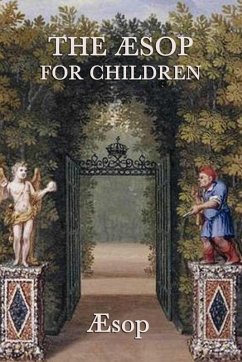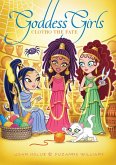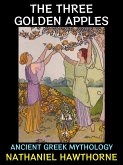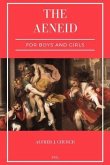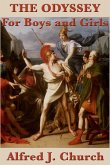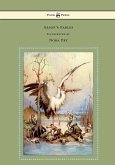According to the Greek historian Herodotus, the fables were written by a slave named Aesop, who lived in Ancient Greece during the 5th century BCE. Aesop's fables and the Indian tradition, as represented by the Buddhist Jataka Tales and the Hindu Panchatantra, share about a dozen tales in common, although often widely differing in detail. There is therefore some debate over whether the Greeks learned these fables from Indian storytellers or the other way, or if the influences were mutual.
Dieser Download kann aus rechtlichen Gründen nur mit Rechnungsadresse in A, B, BG, CY, CZ, D, DK, EW, E, FIN, F, GR, HR, H, I, LT, L, LR, M, NL, PL, P, R, S, SLO, SK ausgeliefert werden.

